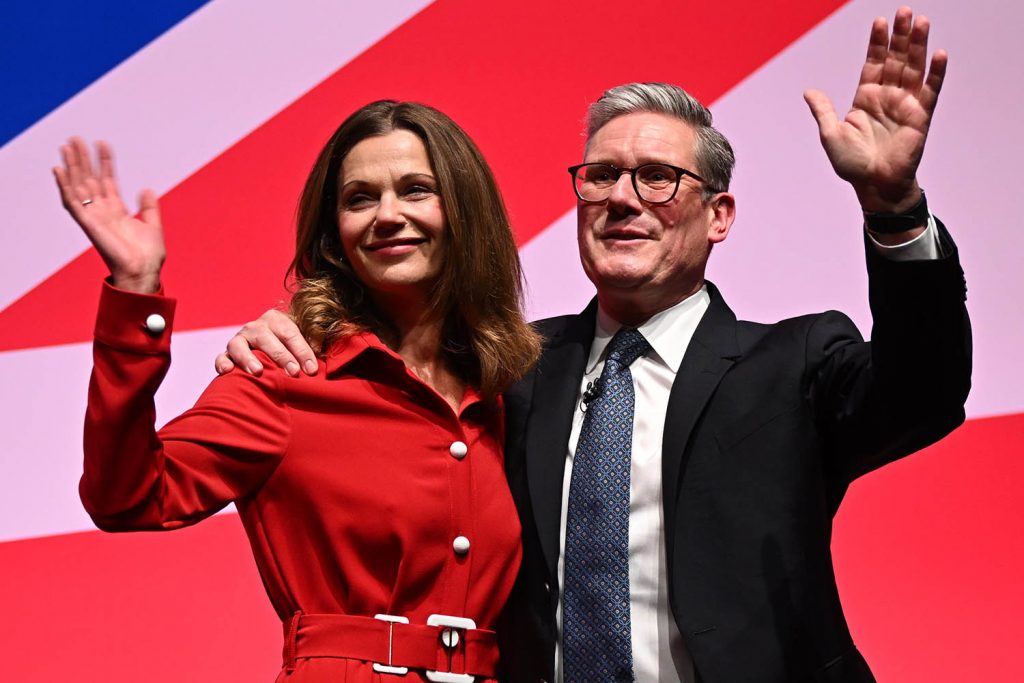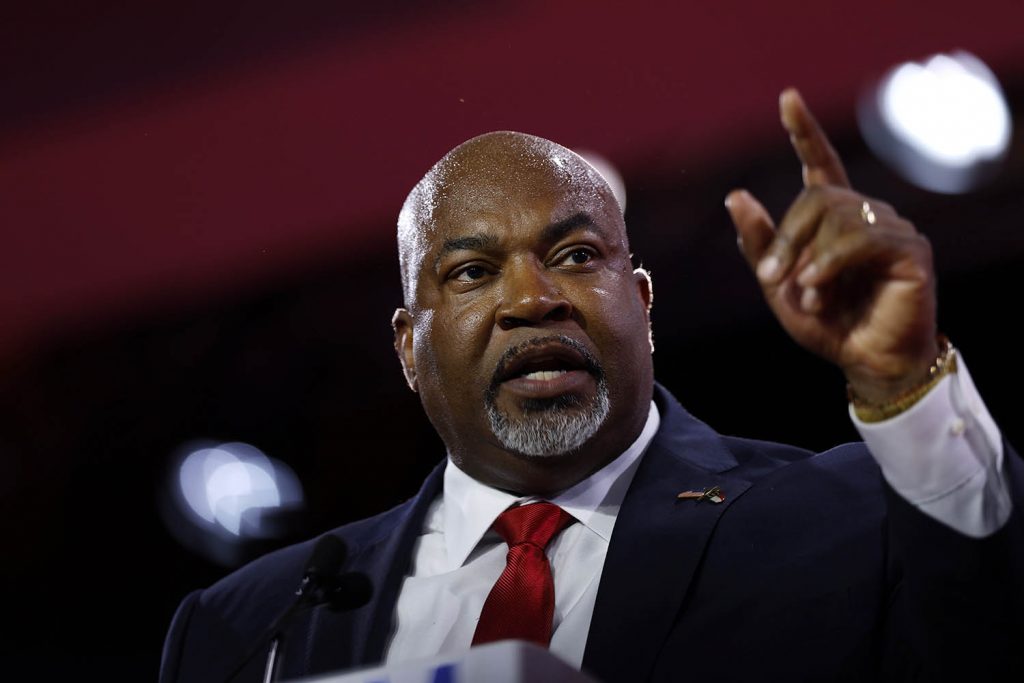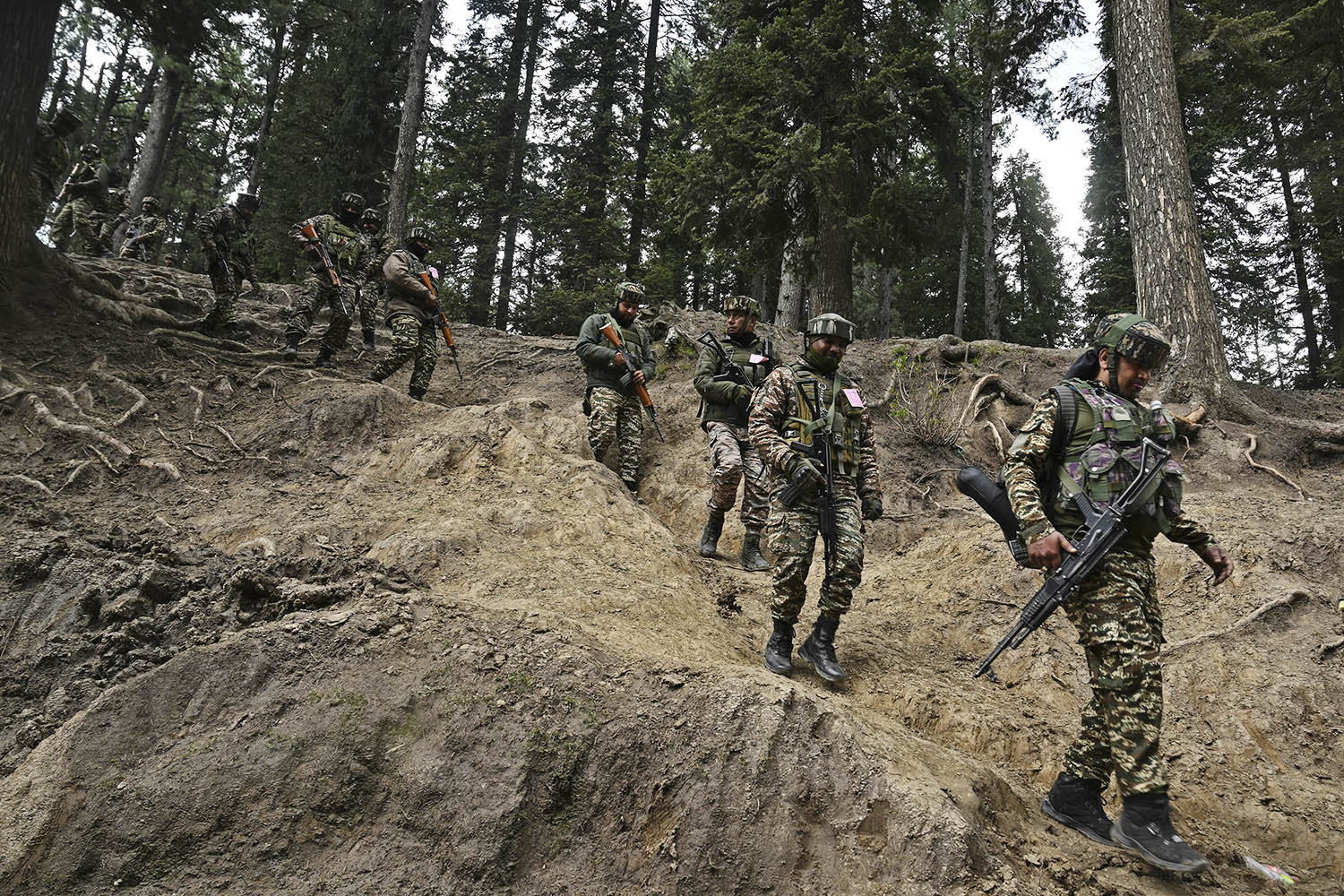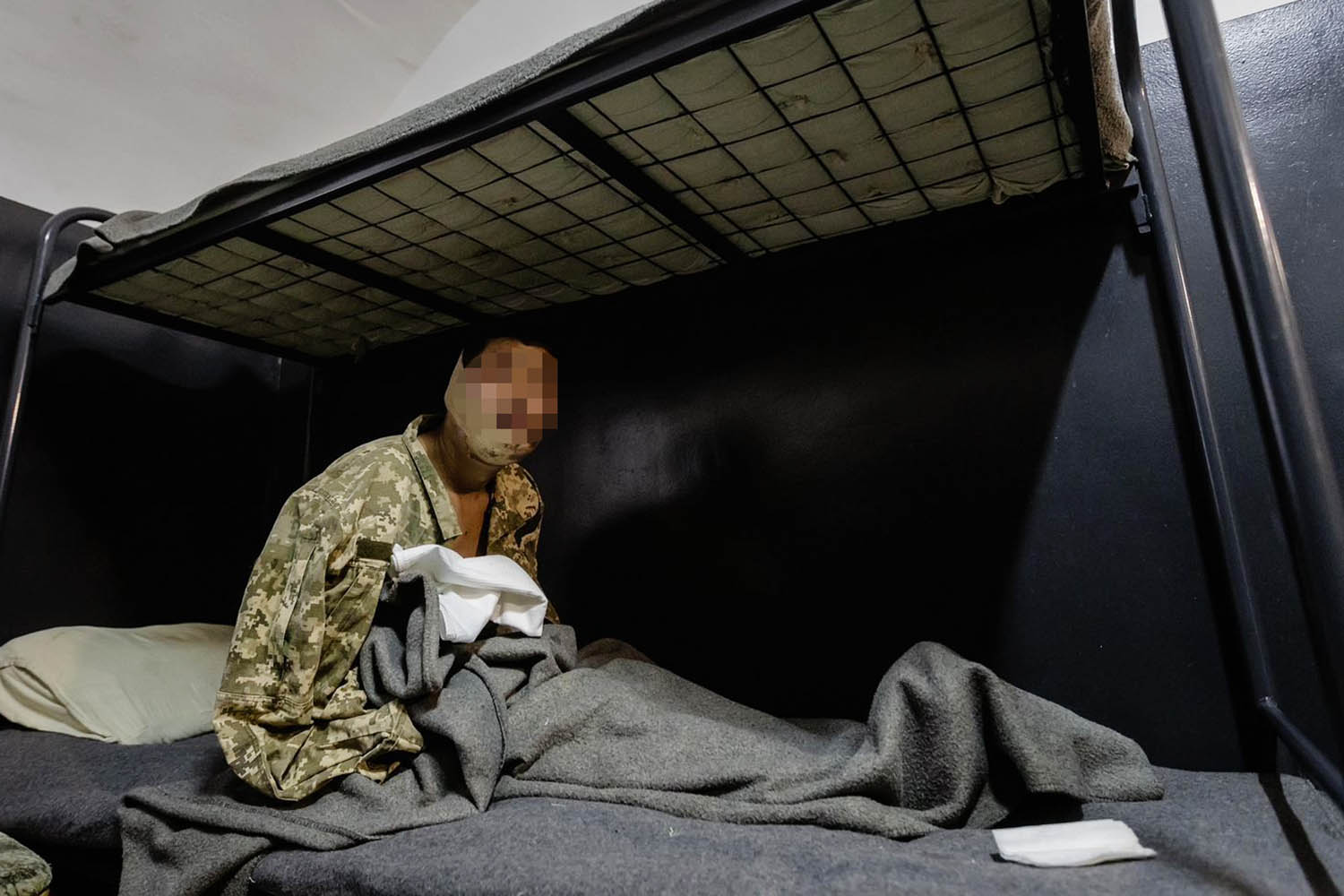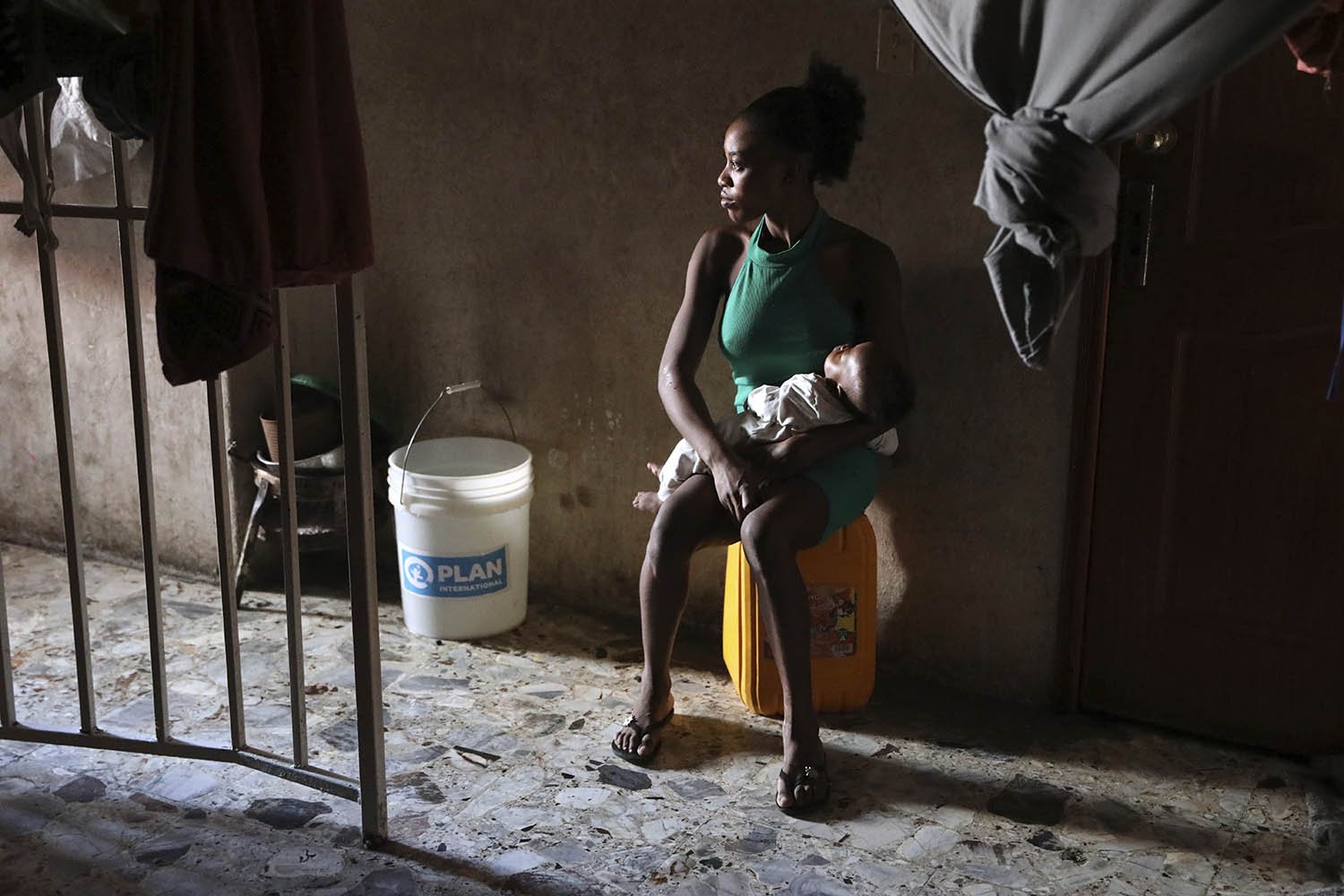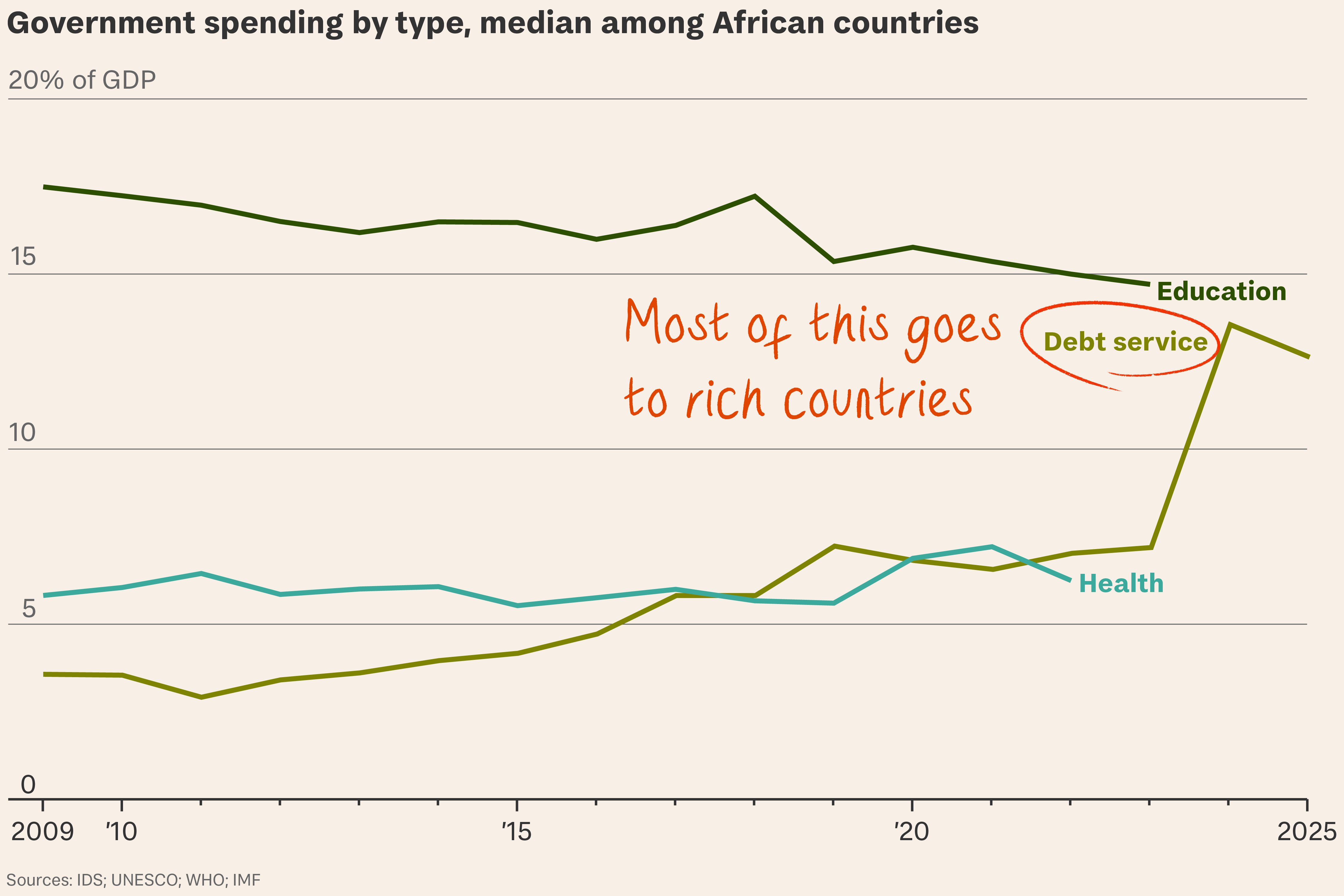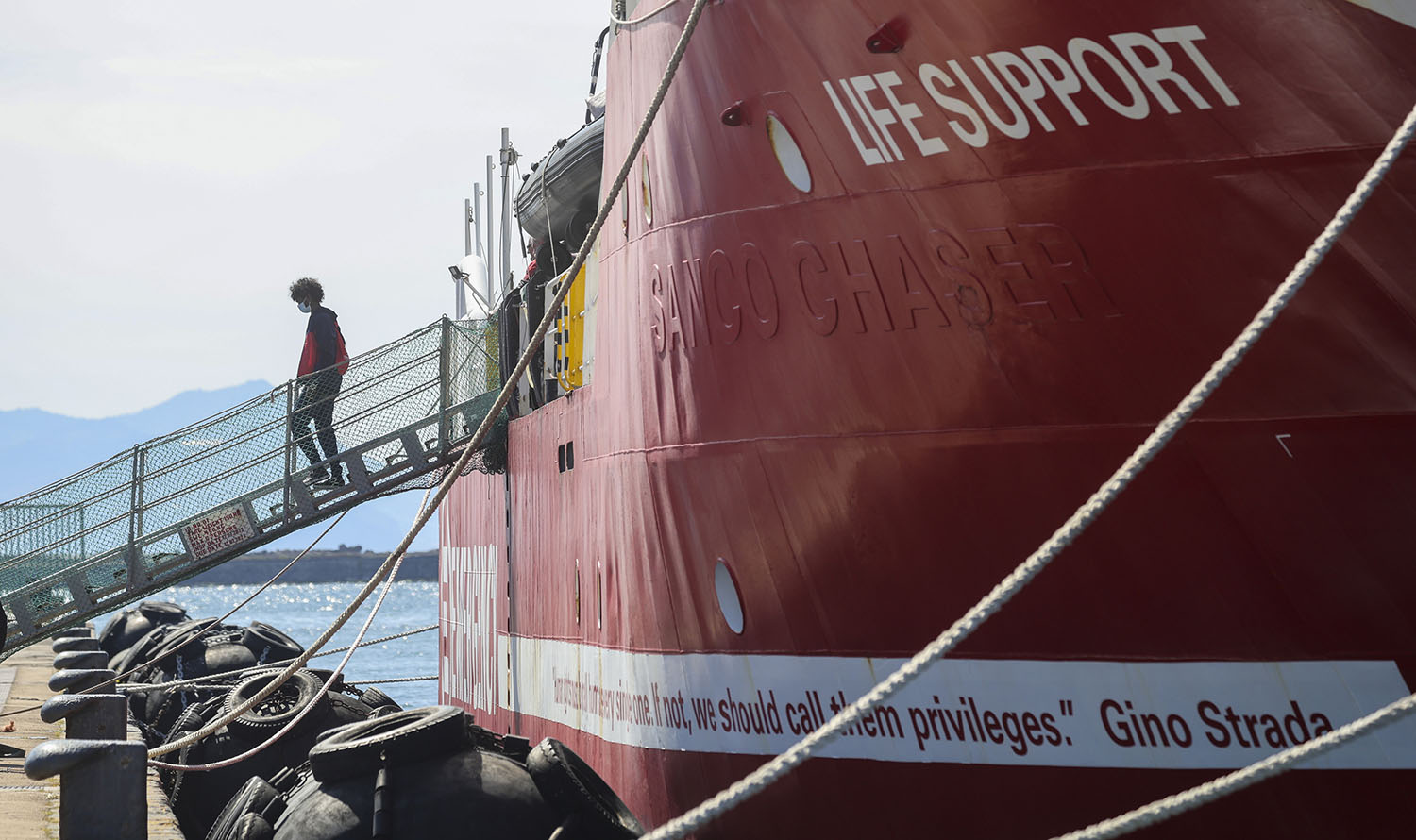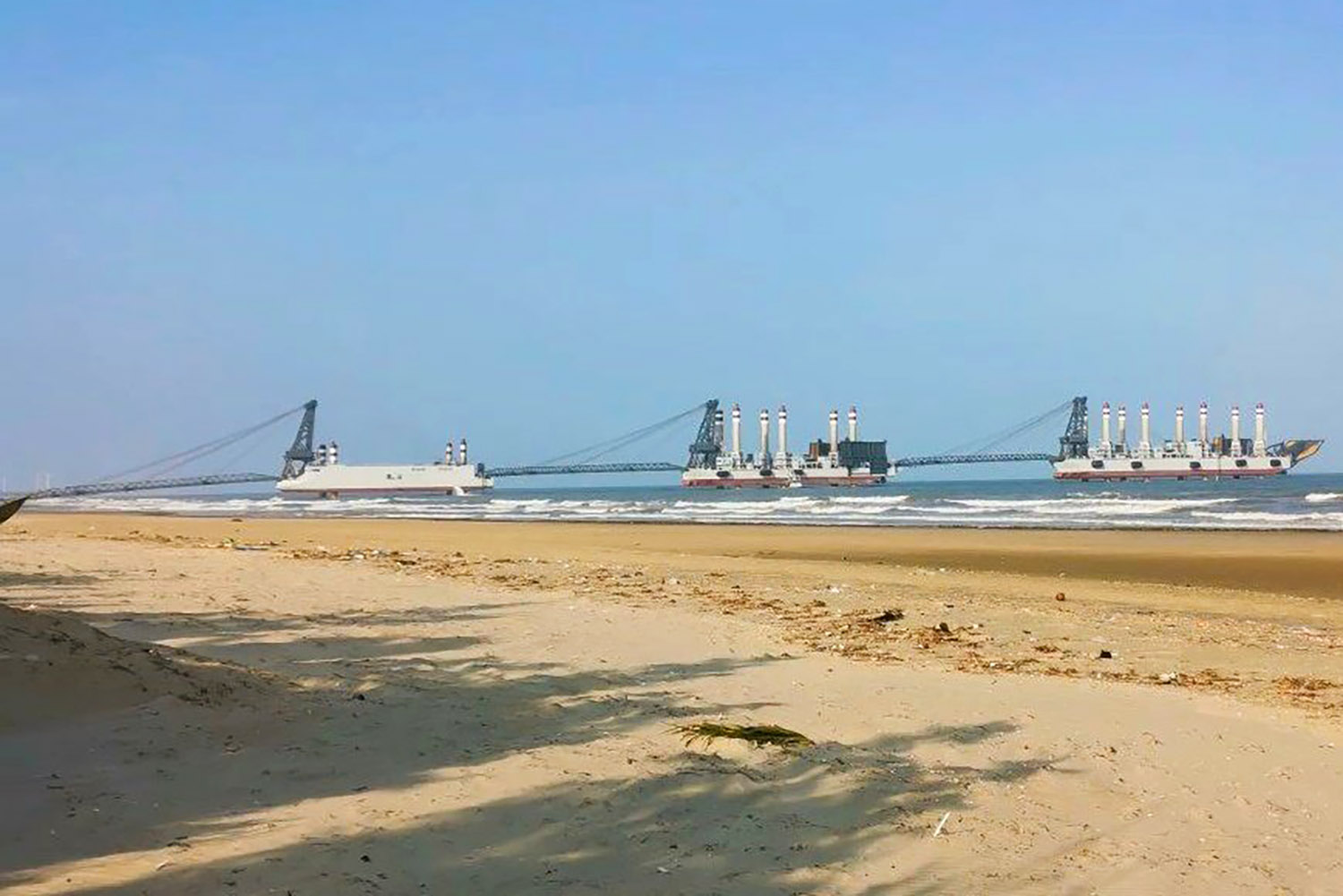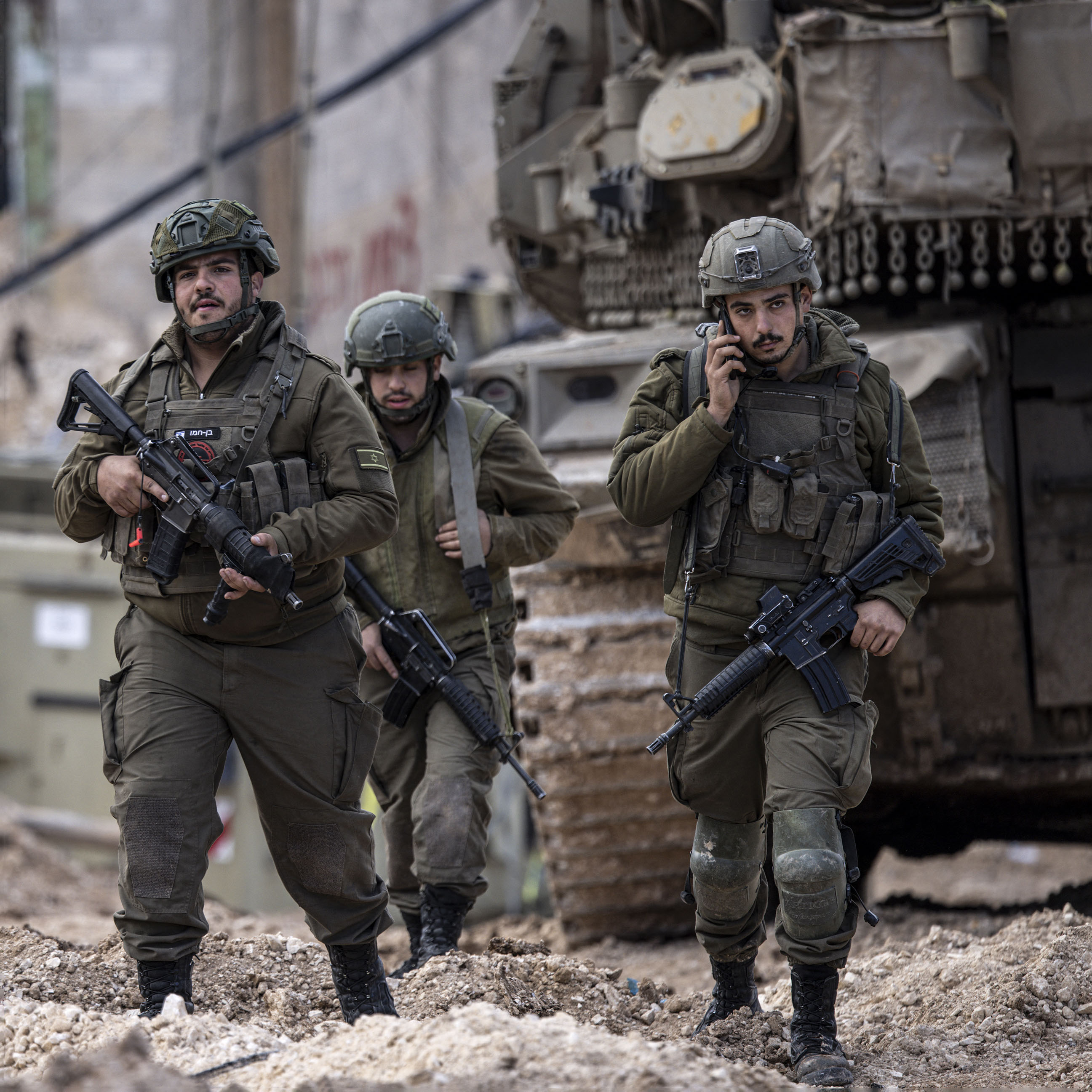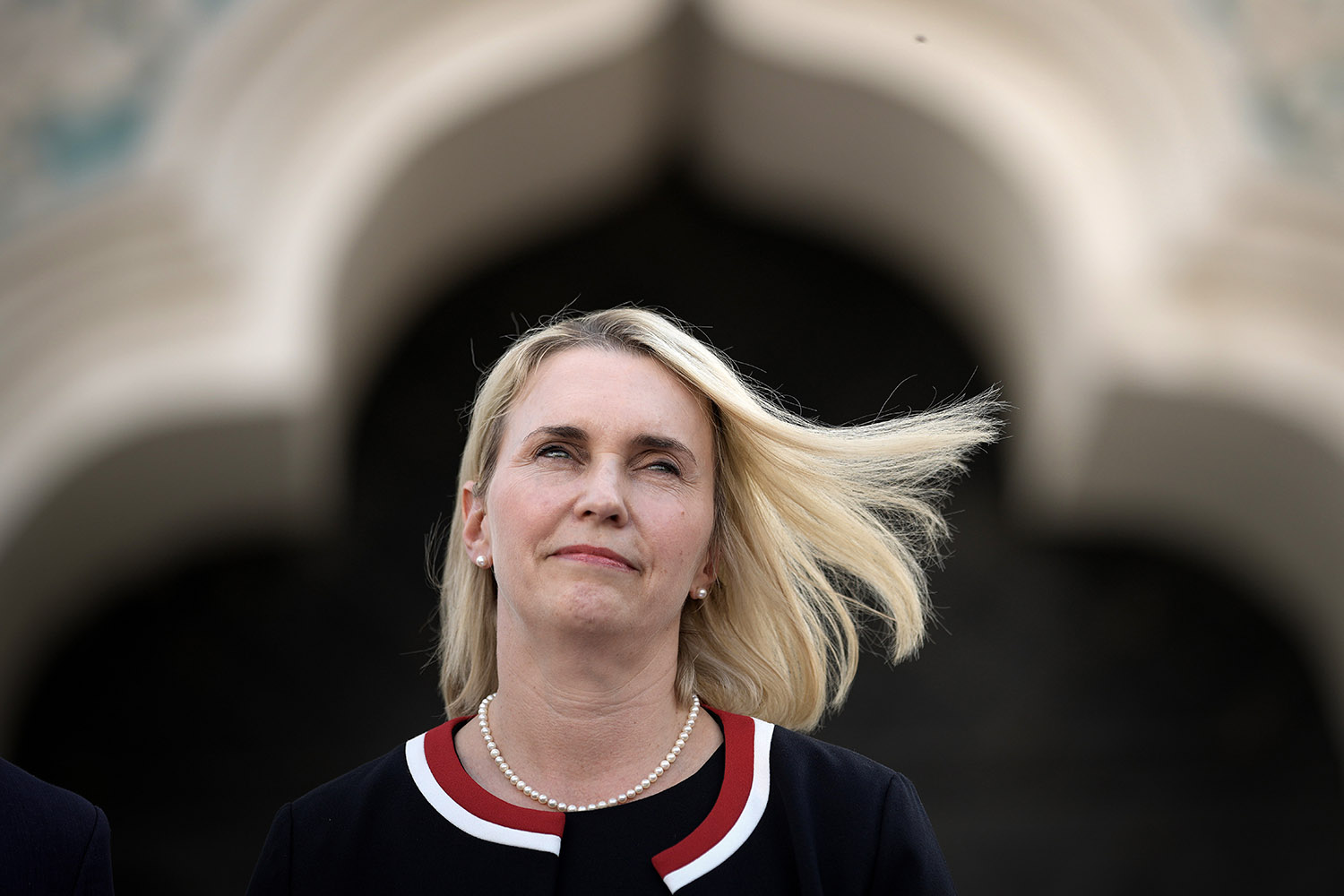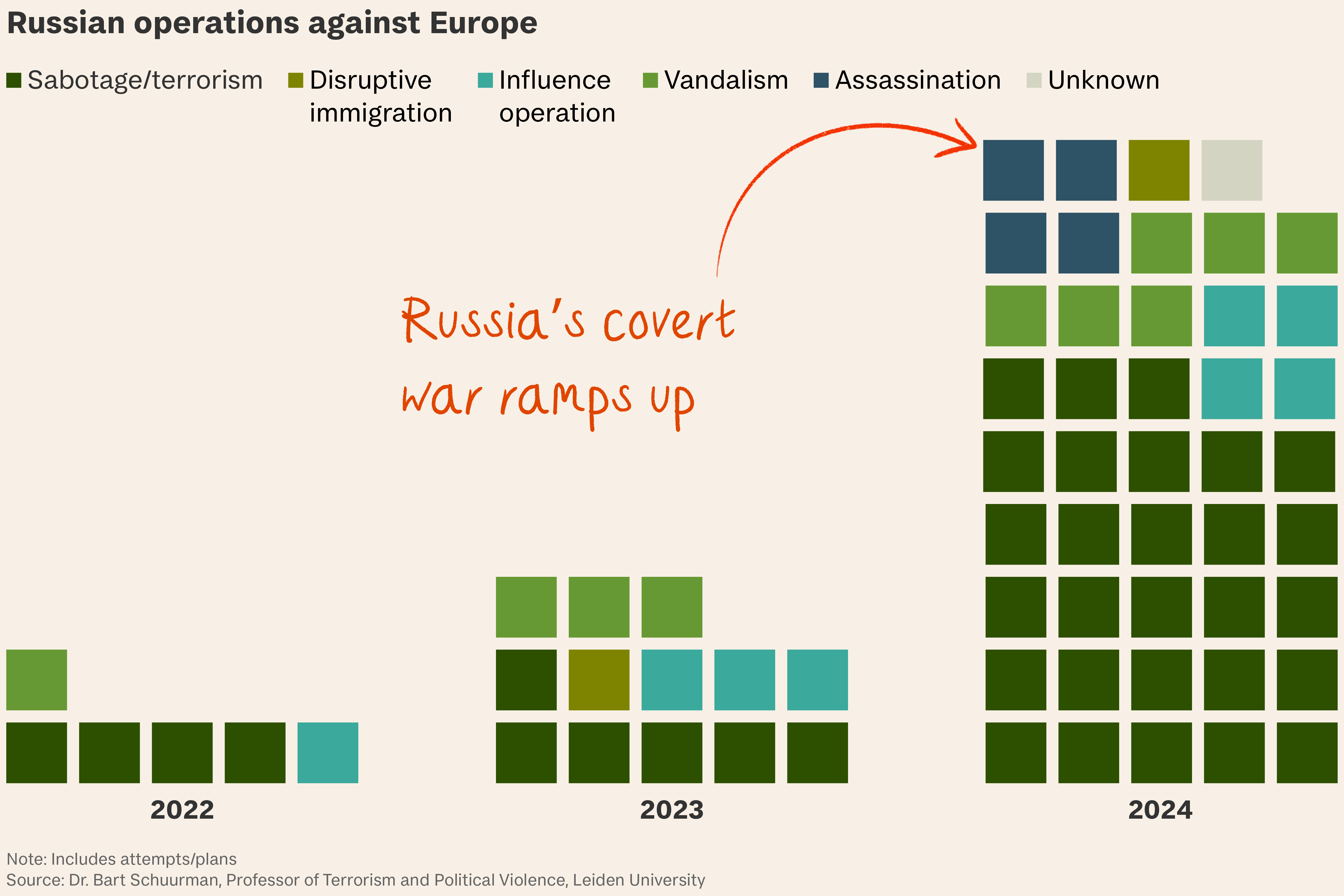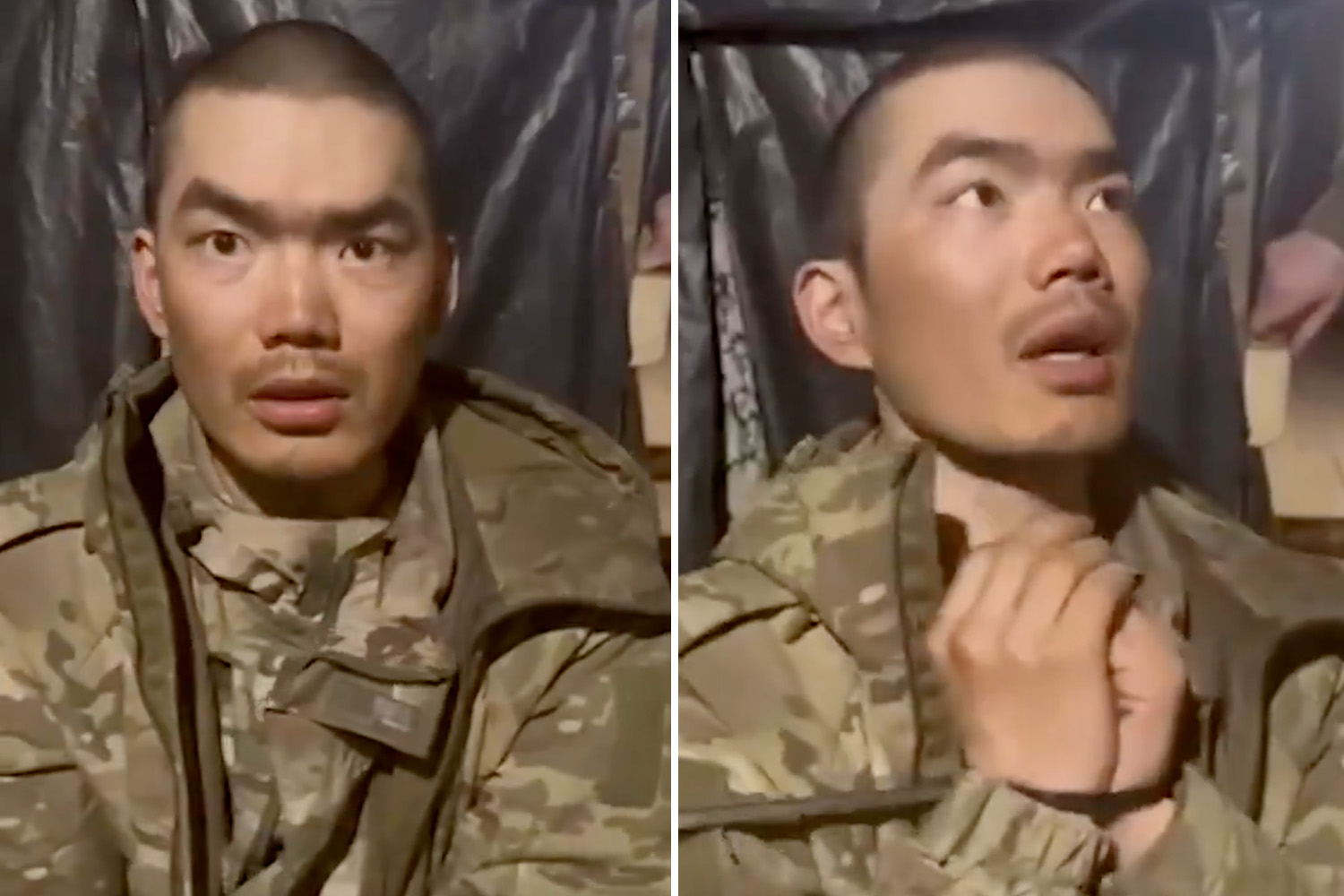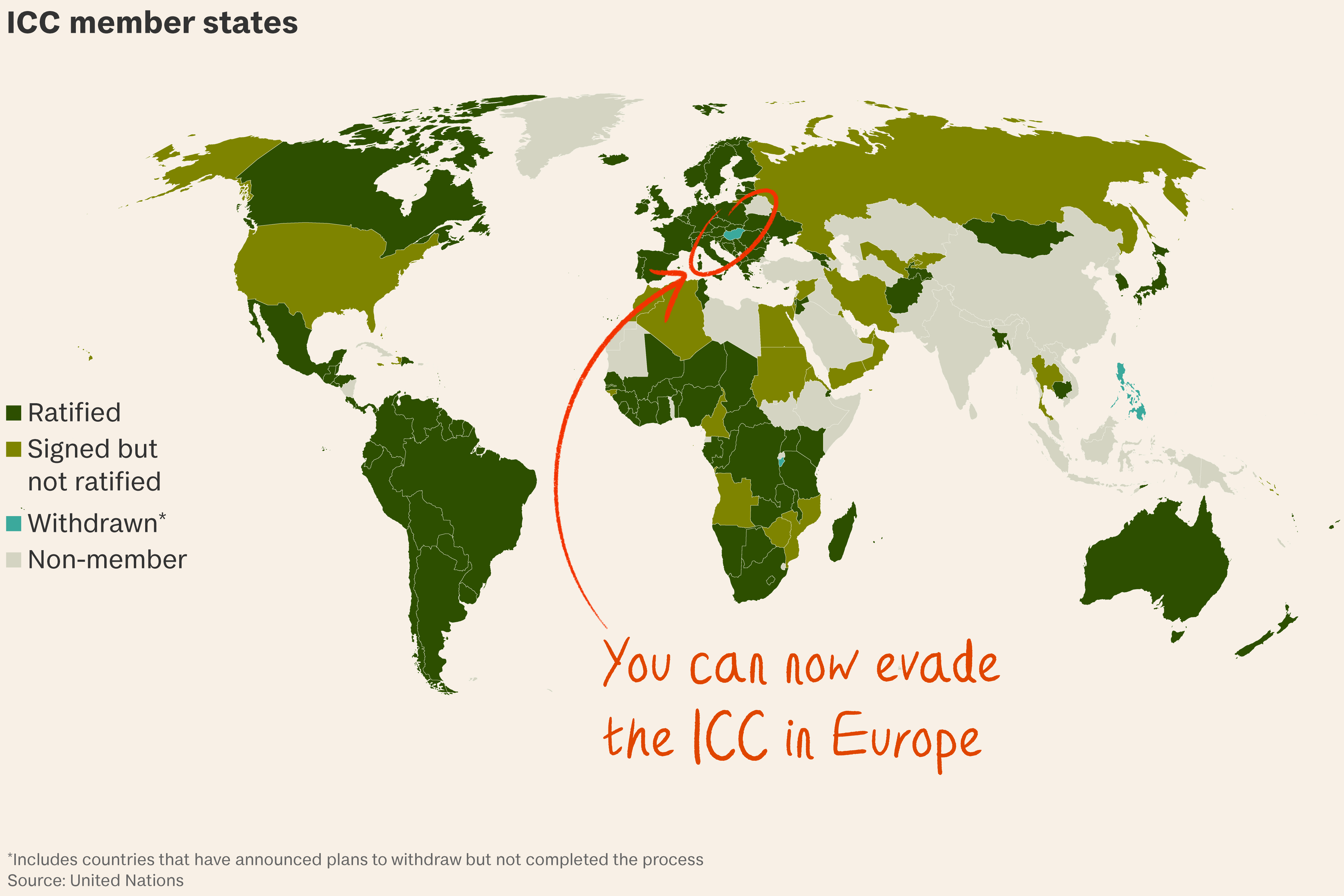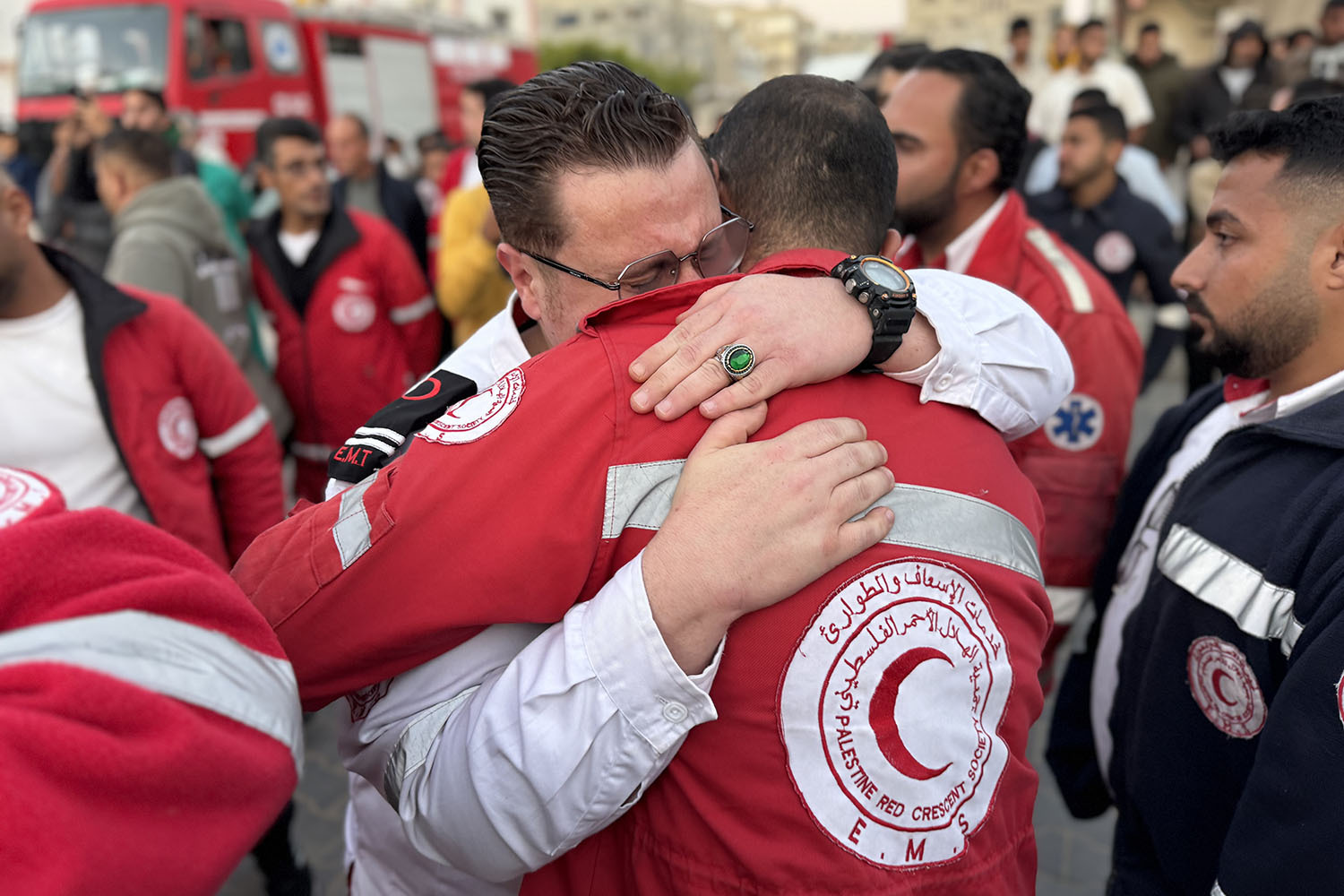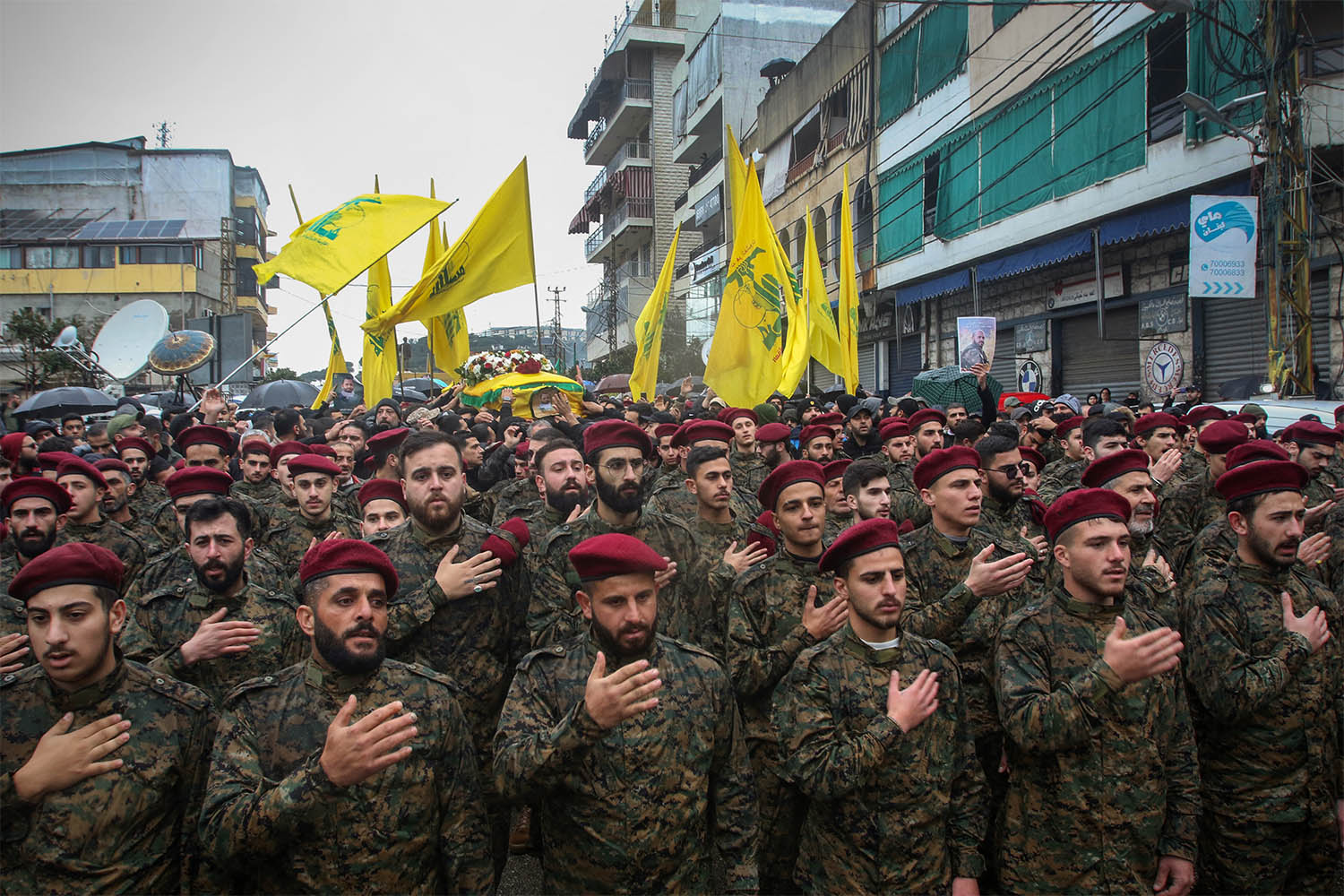
On Monday, as Israel bombed targets across southern Lebanon in airstrikes that killed more than 500 people, Iran’s new president said he didn’t want to go to war.
So what? That is not what Hezbollah wanted to hear. As noted here, Hezbollah has been called the world’s most heavily-armed non-state actor. It is also
- a political party;
- a state within a state;
- dedicated to the destruction of Israel;
- dependent on Iran for finance and weaponry; and
- recoiling from the most devastating wave of Israeli attacks in its 42-year history.
Western and Israeli officials say Hezbollah has asked Iran to attack Israel in the past few days, only to be told “the timing wasn’t right”.
The timing may never be right for Iran to attack Israel on Hezbollah’s behalf. One of its defining roles has been to attack Israel on Iran’s behalf, and it has many other roles besides:
Proxy. “Hezbollah’s budget, its income, its expenses, everything it eats and drinks, its weapons and rockets, are from the Islamic Republic of Iran,” Hezbollah’s leader, Hassan Nasrallah, said during the Syrian civil war. That hasn’t changed, but an important detail has since come into focus: those weapons include precision-guided Iranian missiles for use only if Iran’s nuclear facilities are threatened. For now, they aren’t.
Party. Hezbollah emerged within three years of the Iranian revolution and killed 60 people in the US embassy bombing in Beirut in 1983. It was proscribed as a terrorist organisation by the US in 1997, but its non-military wing is a political party with 13 MPs, in alliance with a fellow Shia Muslim faction and the (Christian) Free Patriotic Movement. It maintains open if uneasy relations with
- the Lebanese state, which is weak, although Christian, Druze and Muslim sectarian groups are strong and all have to tolerate a freelance Hezbollah foreign policy that has dragged the country into Iran’s “axis of resistance” along with Hamas, Syria and the Houthis;
- the Lebanese army, which is bigger than Hezbollah but defers to it in large parts of the country; and
- the rest of Lebanese society, from Beiruti billionaires to ordinary citizens in the south, where Hezbollah takes responsibility for welfare, schools, hospitals and sometimes debt relief.
Its largesse is funded with hundreds of millions of dollars in cash transfers from Iran, topped up with what it can skim off Syria’s $10 billion drug trade.
Partner. Hezbollah affirmed its support for Hamas immediately after the Hamas massacre of Israelis on October 7, and has been firing rockets into northern Israel ever since.
- Some 60,000 Israelis have been evacuated.
- Last week Netanyahu added to his list of war aims by saying it was time for them to go home.
The ordnance raining down on Hezbollah-linked targets in Lebanon for six of the past eight days is partly a result – although each side is also trying to lure the other into a trap. Full-blown war would unite Lebanon behind Hezbollah but leave Iran’s nuclear sites unprotected, which is why Tehran is talking peace.
The $7 million man. On Friday an Israeli airstrike on southern Beirut killed Ibrahim Aqil – founder of Hezbollah’s elite Radwan Force. The US State Department had offered $7 million for information on his alleged role in the 1983 embassy bombing.
- Before that, in blowing up Hezbollah’s communications network, Israel had succeeded where the Lebanese state had tried and failed.
- Since then Israel has doubled down; yet another airstrike yesterday killed the head of Hezbollah’s missile and rocket force.
Does it come back from this? Almost certainly. Israel and the US want to force Iran to give up on a strategy of mutual solidarity with its proxies that it calls the Unity of Arenas, and pin Hezbollah back outside a UN buffer zone established in 2006.
But that won’t happen except as part of a larger diplomatic deal involving Gaza, Lina Khatib of Chatham House says.
What’s more… The Lebanese political scientist Elia Ayoub says it won’t happen at all: “The more there is a sense of all or nothing, the more Hezbollah is the only game in town.” And it still has more than 100,000 rockets.


